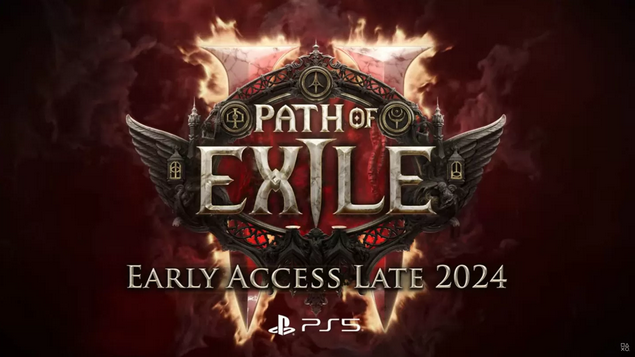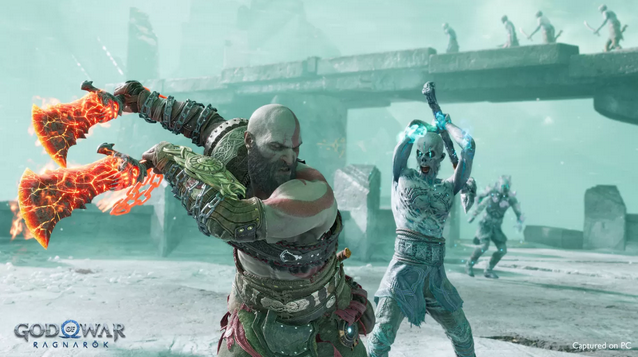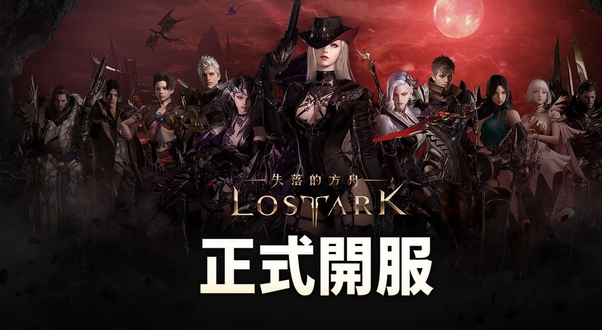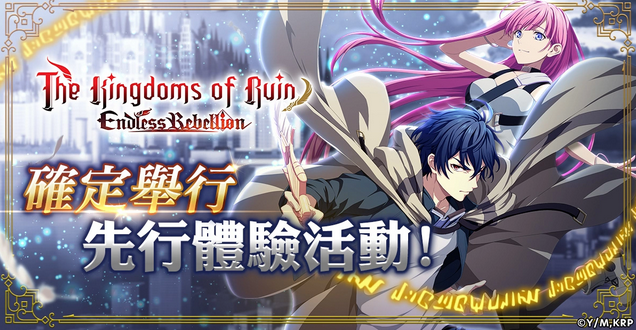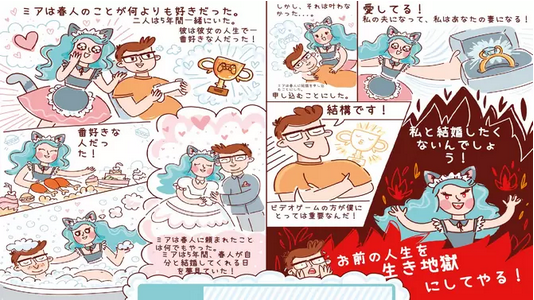Under Political Correctness, Who is Shaping the ‘Real Women’ in Games?
In the context of an increasingly diverse and inclusive society, video games as a form of popular culture and artistic expression are increasingly influenced by the concept of ‘political correctness’. This is especially true in the depiction and portrayal of ‘real women’, where game developers, gaming communities, and public opinion form an intangible force that interacts with the construction of female characters in the gaming world.
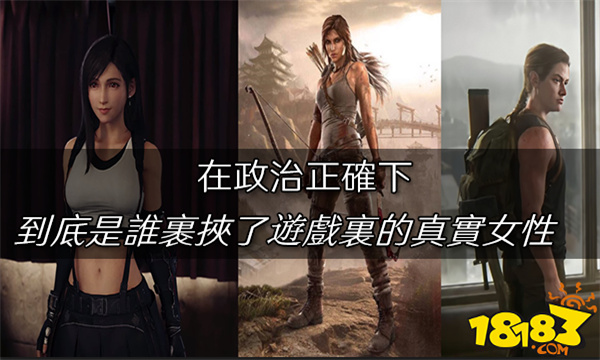
Who is shaping the ‘real women’ in games under political correctness?
Game developers face the challenge of balancing creative freedom with social responsibility when conceptualizing and designing games. On one hand, they need to create vivid, diverse, and heartwarming female characters to meet the politically correct standards of gender equality and diversity demanded by the current market; on the other hand, pandering to or mechanically copying real-world gender stereotypes may cause characters to lose their depth and authenticity, weakening the vitality of female characters.
Under the banner of ‘political correctness’, developers often need to handle the appearance, personality, abilities, and background settings of female characters with caution to avoid falling into the mire of gender discrimination or stereotyping. For example, female characters should not be portrayed solely as sex symbols or fragile figures but should be endowed with rich personality traits, complex emotional dimensions, and narrative status equal to male characters. However, this effort is sometimes criticized as being overly conservative or ‘overcorrecting’, losing the individuality and imagination that game creation should have.
The gaming community also plays a significant role in shaping female characters within games. As players’ aesthetic tastes and ideas diversify, their expectations for game characters change. Players not only expect to see real female images but also yearn to experience more female perspectives and storylines. Community pressure sometimes prompts developers to make corresponding modifications and adjustments, but it can also lead to controversy due to an overemphasis on the ‘labeling’ of political correctness.
Public opinion and scrutiny of the gaming industry also become important factors affecting the portrayal of ‘real women’ in games. Public opinion expects the gaming industry to take on the responsibility of positively transmitting gender equality awareness while being wary of the stereotypical ‘feminist’ image that comes with overcorrection. In this process, experts, critics, and opinion leaders inside and outside the gaming industry continuously push the industry towards a more mature, inclusive, and authentic dimension of gender representation through criticism and advocacy.
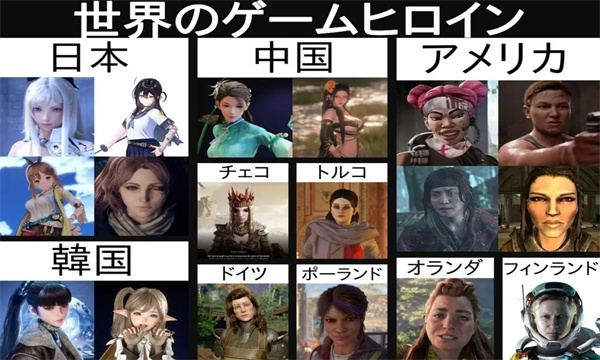
The image of ‘real women’ in games is not simply shaped by ‘political correctness’ but seeks a dynamic balance under the joint influence of developers, gaming communities, and public opinion. All parties aim to pursue the presentation of gender equality and diversity while also considering the artistry and entertainment value of the games themselves, thus creating female characters that reflect reality and touch hearts, allowing every character in the gaming world to exhibit their charm and depth.
Who is shaping the ‘real women’ in games under political correctness?
The images from left to right, top to bottom, represent Japan, China, the United States, South Korea, the Czech Republic, Turkey, Germany, Poland, the Netherlands, and Finland. The American female character representative is Ajay Che from ‘Apex Legends’, and the Dutch representative is Aloy from ‘Horizon: West’. The Japanese representatives are Ryza and Melina, the Chinese representatives are Yue Qing Shu from ‘Sword and Fairy 7’ and Su Ye Jin from ‘BloodSpell’, and the Korean representative is Eve from ‘StarBlade’.
The female character models from China, Japan, and Korea look very pleasing to the eye, while those from Europe and America are becoming increasingly unattractive, bringing tears to the eyes. Many players say that aesthetics unspoiled by political correctness are comfortable to look at, but others believe that there are also some attractive female characters in European and American games, suggesting that the listed characters are biased.
Chinese, Japanese, and Korean female protagonists:
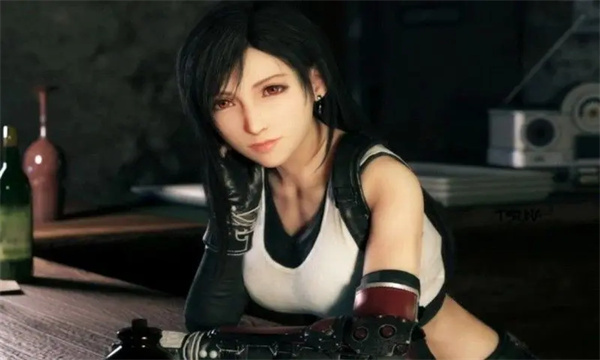
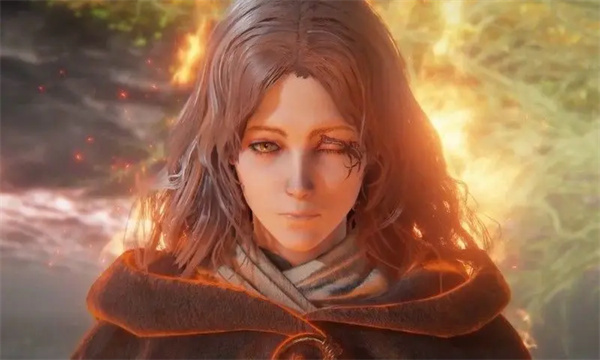
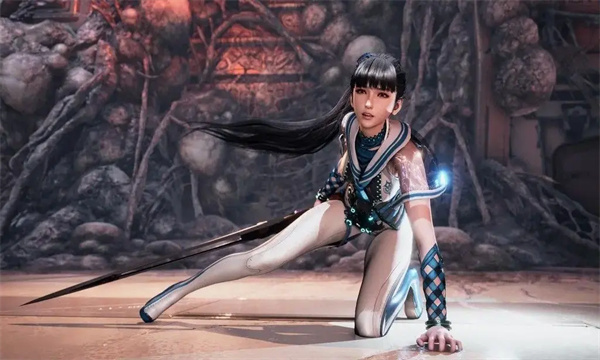
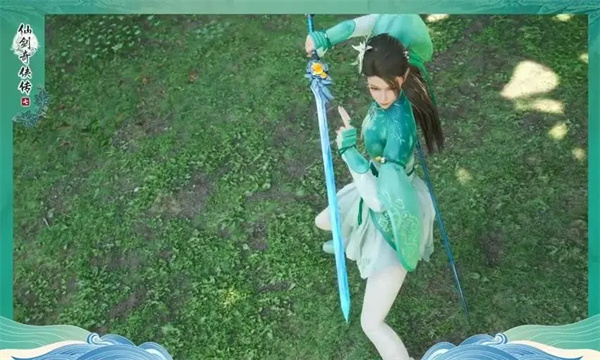
European and American female protagonists:
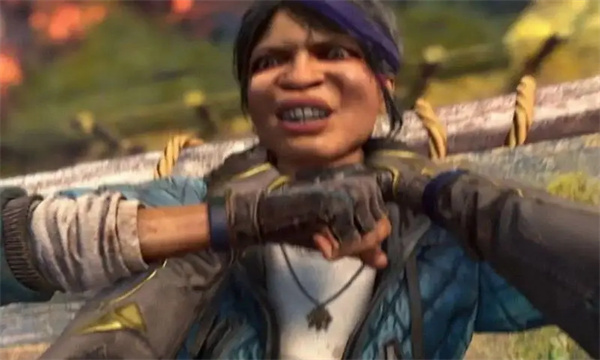
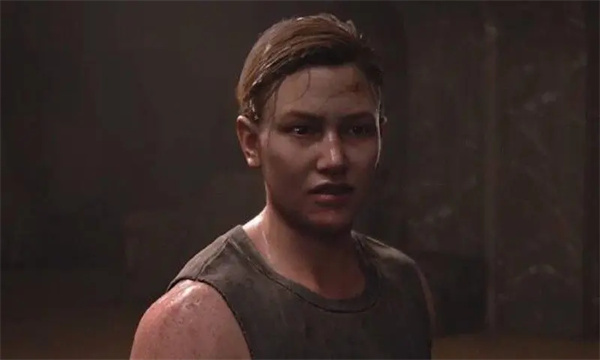
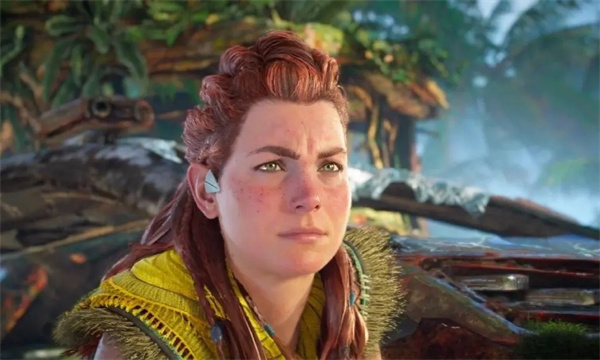
In fact, in terms of diversity, the design of some games is not offensive but rather receives praise. Under a post listing the ‘ten sins’ of political correctness in the European and American gaming circles, someone mentioned the design of related characters in two games by the American game company Rockstar.
In ‘Red Dead Redemption 2’, the protagonist’s gang includes both African Americans and Native Americans, which are minorities in the United States and seem quite reasonable in a game that tells a story of the American West. The female characters in the game are portrayed as both fierce and resilient. Although these female characters do not meet the public’s aesthetic standards of ‘good-looking’, they are equally loved by players.
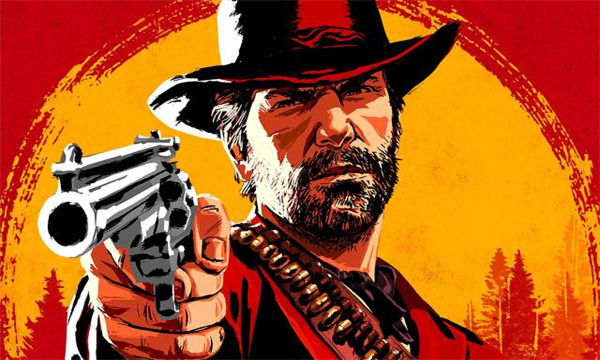
Who is shaping the ‘real women’ in games under political correctness?
In another game set on the American West Coast, ‘GTA’, one of the three controllable protagonists, Franklin, is African American. Although this African American comes from the slums and is involved in the underworld, the character’s sense of justice and complexity still resonates with many players.
The rationale for the African American characters in these games is that the stories told by Rockstar are purely ‘American stories’, and African Americans in American stories are not only very necessary but also very reasonable. This is similar to another game that features an African American as the main character, ‘Marvel’s Spider-Man: Miles Morales’, which has not received any criticism for political correctness because its adapted comic original is an African American character.
However, under the intense gaze of political correctness, infusing ‘diversity’ into any game with a cultural background can cause discomfort for many people at this stage. Even when Norse mythology suddenly includes African Americans under the strong influence of American culture, it seems a bit like ‘arrangement’ and ‘bestowal’, which essentially still has a taste of cultural hegemony.
‘Political correctness’ is not a derogatory term; it reflects the widespread existence of multiple discriminations such as gender, race, and orientation, and throws out a convention standard to society. In the current efforts, whether to compromise or not, both will coexist. The African American in ‘God of War: Ragnarok’ and 'Final Fantasy XVI’s refusal to add diversity factors both have their considerations.
Who is shaping the ‘real women’ in games under political correctness?
The test for game manufacturers is whether they can be clever enough, with some choosing to abandon identity politics narratives and not make special distinctions about the protagonist’s gender, race, or orientation. Games like ‘Cyberpunk 2077’ or ‘Elden Ring’ are examples.
The risk of doing so is that if the story itself takes place on top of an existing human cultural background, a protagonist without a clear cultural background will find it difficult to build a rich and meaningful character based on this, ultimately resulting in weak narration. For example, Ubisoft’s game ‘Assassin’s Creed: Odyssey’ hardly makes any plot distinction between male and female protagonists, leading to a collapse of the female protagonist’s storyline in the DLC, which has been widely criticized.
Finally, I want to ask everyone’s opinion: can Western manufacturers still create attractive female protagonists in this environment?




